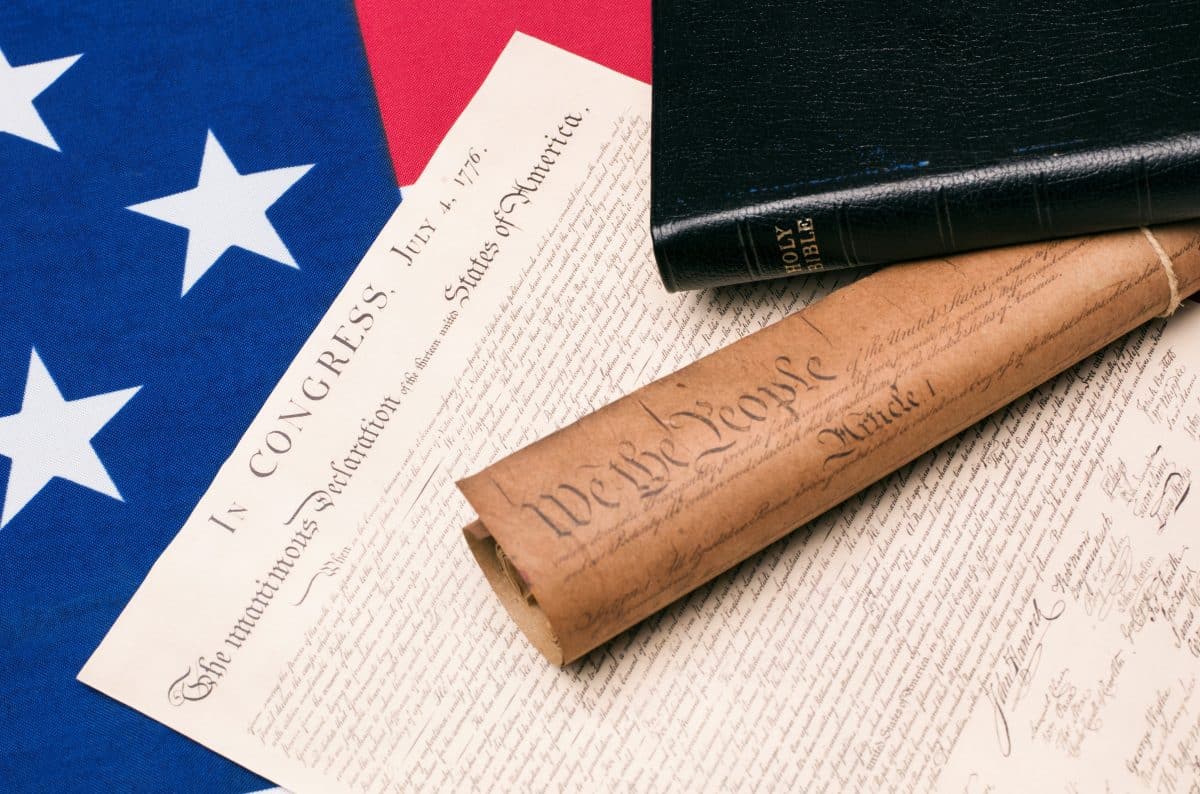
Dr. Oz believes he is the cure for what ails Pennsylvania.
The celebrity doctor last week announced his campaign for the U.S. Senate seat being vacated by Republican Sen. Pat Toomey. Sean Parnell, the early frontrunner for the GOP nomination, had been endorsed by former President Donald Trump but left the race last month following allegations of spousal and child abuse that emerged from a bitter custody battle with his ex-wife. His departure created an opening for Mehmet Oz.
Some Republicans, like Sen. Lindsey Graham of South Carolina, lauded the doctor for running. He told Politico, “It’s a good sign for the Republican Party that somebody of his standing and stature would want to run under the Republican banner.”
Others thought more practically. As GOP Sen. Kevin Cramer of North Dakota put it, “Who doesn’t love a guy that’s got 100 percent name ID and a whole bunch of money?”
Almost immediately, though, controversy engulfed Oz’s campaign. From endorsing debunked weight loss solutions to pushing hydroxychloroquine as a treatment for COVID-19, the doctor has a lengthy track record of providing bad medical advice. One academic study found that half of his recommendations were either wrong or lacked scientific support.
His past financial support of Democrats and his praise of moderate Republicans (he cites Arnold Schwarzenegger as a role model) also complicates things. Plus, there’s the question about whether he still lives in New Jersey.
Still, Oz’s campaign is notable for a reason unrelated to his fame, fortune, and medical opinions. As Joseph Hammond noted for Religion News Service, “If Oz wins the Republican nomination, he will be the first Muslim to be nominated for a Senate seat by a major American political party.”
Beyond a celebration of religious diversity in a country that protects each individual’s right of belief, this historic fact shouldn’t generate contention. Regrettably, prominent episodes within American public life reveal a tension within the GOP over the acceptance of religious minorities within the nation’s political leadership. As New York Magazine political columnist Ed Kilgore wrote, “Conservative Evangelicals might be less than thrilled to learn that Oz is a practicing Muslim (albeit one influenced by the Pacific Sufi tradition).”
While Article I, Section 3 of the U.S. Constitution requires U.S. Senators “to be an inhabitant of that State for which he shall be chosen,” Article VI explicitly states that “no religious Test shall ever be required as a Qualification to any Office or public Trust under the United States.”
 This edition of A Public Witness unpacks troubling examples of when a person’s religious identity became grounds for others to question their fitness for public office. We also highlight a new academic study that identifies the false beliefs fostering these anti-democratic religious tests for office that are targeting both Democrats and Republicans.
This edition of A Public Witness unpacks troubling examples of when a person’s religious identity became grounds for others to question their fitness for public office. We also highlight a new academic study that identifies the false beliefs fostering these anti-democratic religious tests for office that are targeting both Democrats and Republicans.
NOTE: The rest of this piece is only available to paid subscribers of the Word&Way e-newsletter A Public Witness. Subscribe today to read this essay and all previous issues, and receive future ones in your inbox.






